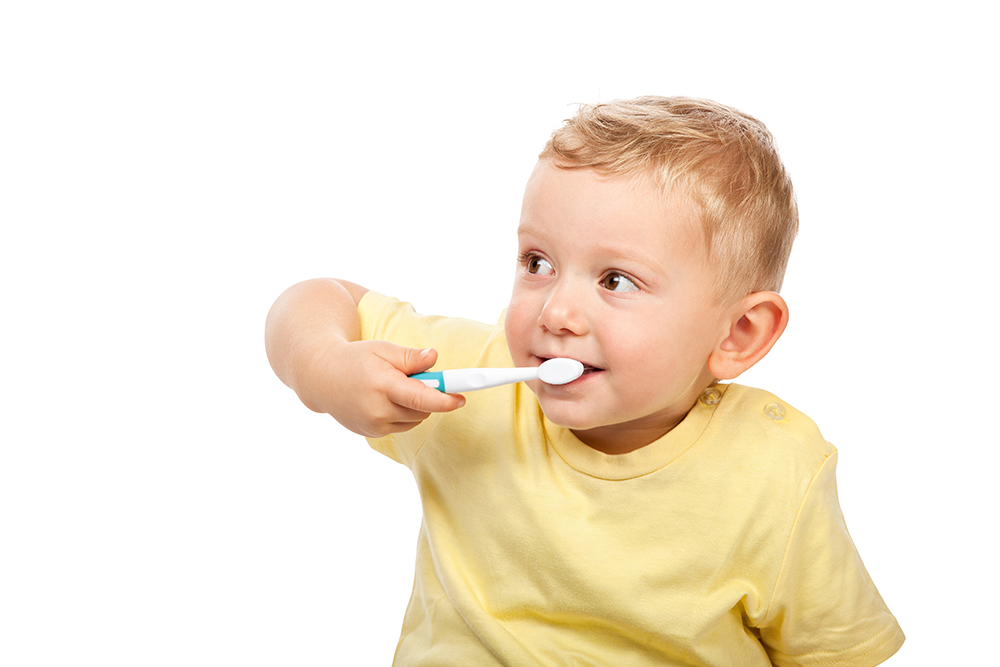When Should My Child Start Using Fluoride Toothpaste?

One of the most memorable milestones you’ll experience as a parent is seeing those first tiny teeth arrive. But did you know that once a baby tooth makes an appearance, it’s time to start dental care? The question many parents have is when to start using fluoride toothpaste. Here’s all you need to know about caring for your little one’s teeth to set the stage for a lifetime of healthy smiles.
The Importance of Caring for Baby Teeth
Even though baby teeth fall out, it’s essential to keep them healthy. Those tiny pearly whites help with speech development and allow your child to chew with ease. They also maintain the space needed for the adult teeth to come in correctly. Losing a baby tooth before its permanent replacement is ready to erupt can result in the adjacent teeth moving into the gap, causing crooked teeth and problems with the bite. That usually translates to the need for orthodontic treatments down the road.
Dental Care Right from the Start
Even before any teeth come in, it’s important to clean your baby’s gums with water and a clean gauze or a soft-bristled infant toothbrush. Once the first tiny tooth comes in, it’s time to begin brushing twice a day using a fluoride-free baby toothpaste option.
Make sure to schedule your little one’s first dental visit after the first tooth appears and no later than the first birthday. Starting dental care right from the start will help set the stage for a lifetime of healthy, beautiful smiles.
When Should Your Little One Start Using Fluoride Toothpaste?
The CDC recommends not using any fluoride toothpaste for children under age 2. Ages 2-3 should brush their teeth with a smear of fluoridated toothpaste no larger than a grain of rice, while children ages 3-6 should use a pea-sized amount. Keep any toothpaste container out of reach to prevent your child from accidentally ingesting too much.
Brush your child’s teeth yourself until they are ready to hold the toothbrush independently. Continue to monitor brushing time and teach proper techniques. Supervise the process until your little one can rinse and spit without assistance, usually around age six.
Keep an eye out for any signs of baby tooth decay or cavities, including brown or white spots or pits on those pearly whites. If you see anything out of the ordinary, make sure to contact our office and schedule a dental exam.
Quality Pediatric Dentistry Services Near Me
Visit Kraklow Quality Dentistry in Milwaukee, WI, to learn more about caring for your child’s oral health. Our kid-friendly team will work with you to establish proper oral hygiene habits for long-term healthy smiles. You can always count on us for outstanding, gentle care! Call us and schedule your appointment today!
